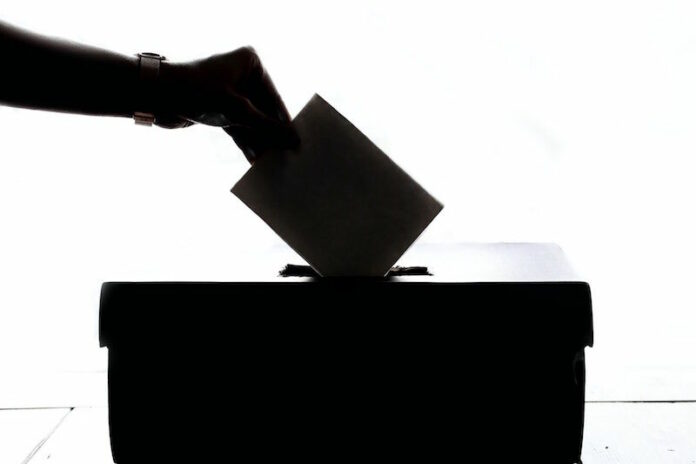With Vice President Kamala Harris and former President Donald Trump locked in a statistical tie as we head toward the national election, the truth is clear: Every vote counts. And this year, it’s not just about choosing a candidate; it’s about choosing democracy itself.
Trump’s rhetoric has intensified, hinting at a chilling future. His talk of a “last election” isn’t about 2020, which he lost and then misrepresented to the point of inciting a violent insurrection. Instead, he’s speaking of 2024 as a possible final election—final as in “no more voting” and “no more democratic choice.” The implications are stark. This year’s vote could very well define our future.
Meanwhile, tech billionaire and media clown Elon Musk audaciously tweeted that Trump must win the election in November if America wants to preserve its democracy. “Very few Americans realize that, if Trump is NOT elected, this will be the last election,” Musk posted on his social platform, X. This is propaganda and a lie (and reason enough to be grateful Musk has maintained the platform’s character limit).
One might say that this is politics as usual. But it isn’t. It matters. Why does this matter? Trump has been called a fascist by his former defense secretary, former chief of staff and former chairman of the Joint Chiefs of Staff. According to a recent ABC News/Ipsos poll, half of Americans share grave concerns about his autocratic tendencies. His words hint at a shift in the democratic landscape and the unsettling question, “What if?”
“What will he do this time?” asks Rep. Jamie Raskin of Maryland, a January 6 Select Committee member. “No one knows exactly what Trump’s attack on the electoral system will be in 2024,” he noted recently in an interview with Politico. That question—what Trump will do, indeed—casts a shadow over our democracy, and the only countermeasure is participation.
In this high-stakes election, voter turnout could reinforce democracy or accelerate its unraveling. Now is the time for every voter to consider not just who they’re voting for but what they are actually voting for. It’s more than a ballot—it’s an act of defense for our collective future.
— Weeklys Staff








